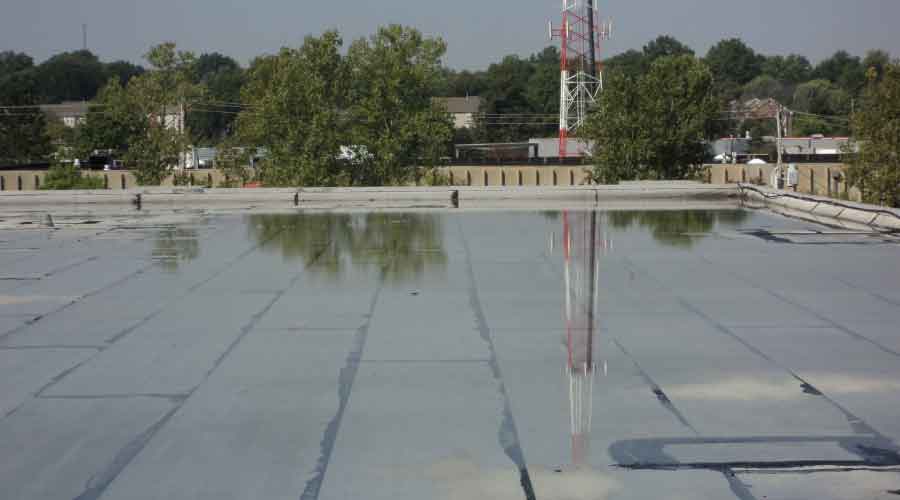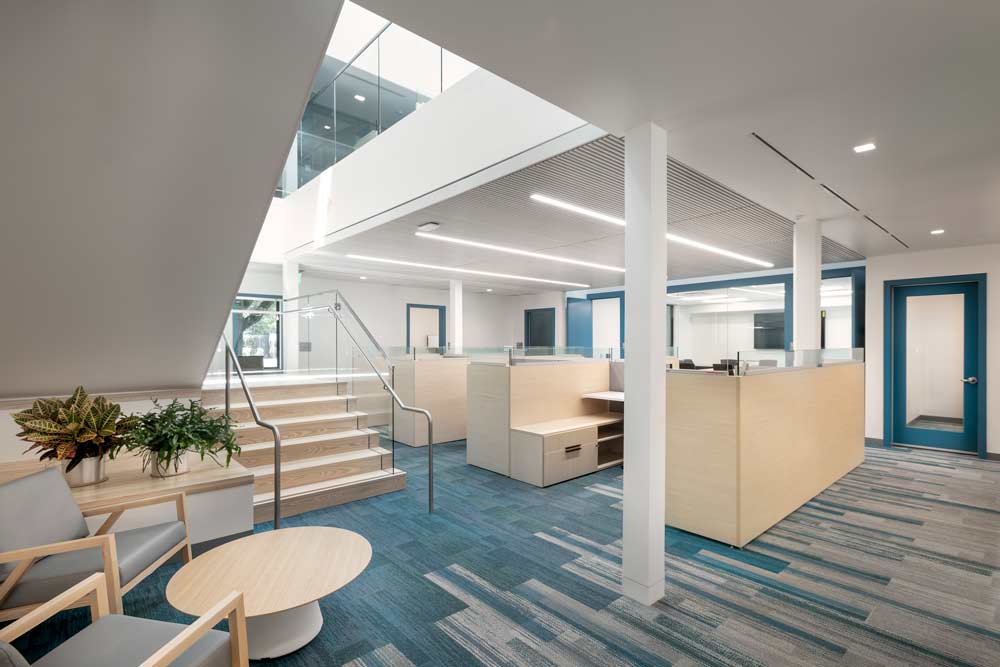
Preventive Maintenance Best Practices for Roof Care
Managers should inspect roofs at least twice a year, and following severe weather events September 27, 2022
For building owners and facility managers, premature roof failure equals unexpected and often significant expenses. According to Bob Gender, region manager at Western Specialty Contractors, the neglect of preventive maintenance is often the cause of premature roof failure.
"Roofing materials such as BUR, TPO, EPDM, PVC, Modified Bitumen and even green roofs can be vulnerable to environmental stressors such as organic debris, growing vegetation or ponding water," Gender says. "Other contributors to premature roof failure may include poor craftsmanship, improper flashing, clogged or leaking downspouts, or damage by other contractors."
When roofs are not maintained properly, open seams, splits, blistering, wrinkling and cracking can result, which can lead to expensive damage to a building's interior and exterior if not identified and repaired promptly.
Gender recommends a roof inspection by an experienced roofing specialty contractor at least twice a year, preferably in the spring and fall, and after severe weather, such as hail, heavy rains and high winds, to check for any roof damage.
A great way to begin any roof preventive maintenance program, says Gender, is to create a file of all records related to that roof, which may include warranties, repairs and maintenance, past inspections, and original drawings and specifications for the building.
"Keep in mind that the ultimate goal of the preventive maintenance program is to get the maximum service life out of the roof, for the least possible cost,” he says. “So, keeping accurate records of each roof's history is vital to its overall maintenance."
There are several basic preventive measures that facility managers and building owners can perform throughout the year to extend the life of a roof and deter water infiltration, including:
- Removing debris such as leaves, branches, dirt and trash from gutters, scuppers, downspouts and drains to ensure proper water drainage.
- Keeping metal roof components such as flashings, expansion joints and pitch pockets in good working condition by replacing deteriorated sealants, painting rust and making necessary repairs.
- Maintaining rooftop equipment (satellite dishes, solar panels, air conditioners, skylights) and checking the roof after equipment service calls and repairs to make sure the roof wasn't accidentally damaged in the process.
- Repairing roof coatings and membranes damaged by spilled oils, grease, coolants and other liquids.
- Minimizing roof traffic by authorized personnel and installing walkway pads in high-traffic areas.
Western Specialty Contractors is headquartered in St. Louis, Missouri, and specializes in masonry and concrete restoration, waterproofing and specialty roofing.
Next
Read next on FacilitiesNet












